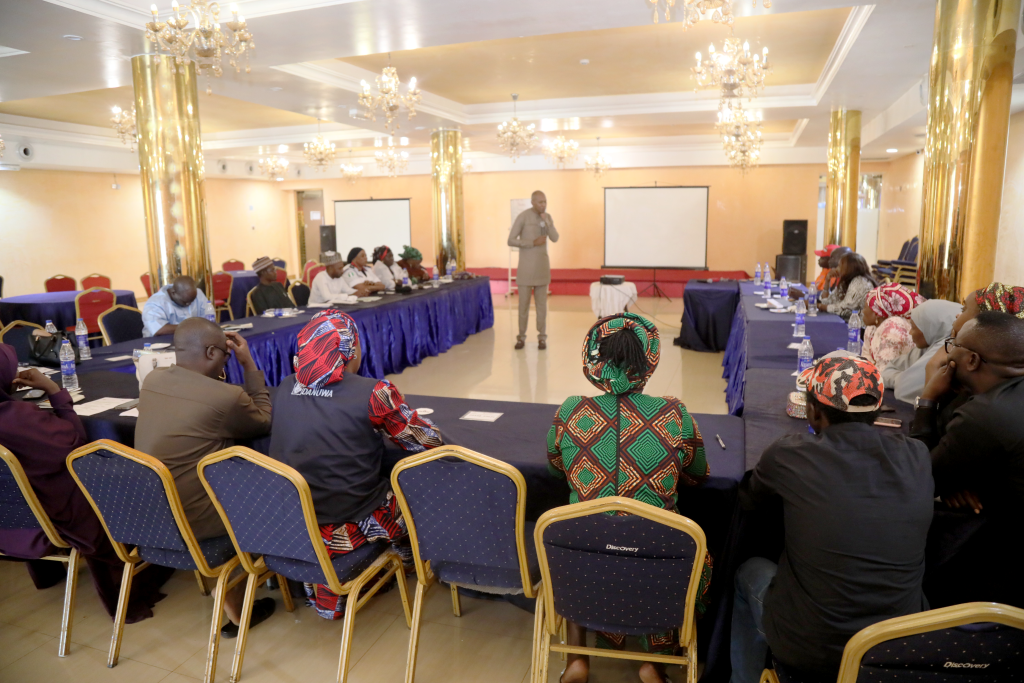
Global Rights Strengthens Efforts to Combat Gender-Based Violence in Northwest Nigeria
By Comfort Chukwukelue
In a bid to enhance the fight against Gender-Based Violence (GBV) in Northwest Nigeria, Global Rights a civil Society Organization has organized a capacity-building session aimed at fostering collaboration between Sexual Assault Referral Centers (SARCs) and Community Dialogue Committees (CDCs).
This initiative seeks to create a seamless link between community-based response systems and formal structures, ensuring comprehensive support for GBV survivors.
Community-based structures and formal response mechanisms must function as two integral parts of the same system to ensure survivors receive timely and appropriate care. Survivors of GBV often first disclose their experiences to someone they trust within their communities, which is where structures such as the Community Dialogue Committees (CDCs) play a critical role.
However, these committees lack the capacity to provide specialized medical, psychosocial, or legal support, making the role of Sexual Assault Referral Centres (SARCs) essential.
Without a clear framework for collaboration between CDCs and SARCs, survivors may experience delays, misinformation, or even further harm, discouraging them from seeking help.
Program Director Global Right, Edosa Oviawe, noted that the exclusion of women from early warning systems and conflict resolution mechanisms has contributed to Nigeria’s security challenges, particularly in terrorism, banditry, and mass atrocities.
He said “For over two decades, we have tracked incidents of large-scale violence across Nigeria,” Oviawe said. “Initially, the Northwest had the lowest reports of mass killings. But since 2014, it has steadily climbed to become the most violent region in the country.”
He attributed part of the problem to the lack of women’s inclusion in national security strategies, stating that women often overhear critical intelligence in markets, worship centers, and social gatherings but have no formal platform to report security threats.
“When women are ignored, entire communities suffer,” Oviawe added. “Women’s exclusion has been a major blind spot in our national security strategy.”
The event also highlighted the urgent need for stronger coordination between community structures and formal institutions in addressing gender-based violence and national security threats.
With better collaboration, increased legal enforcement, and enhanced community awareness, Nigeria can make significant progress in protecting survivors, preventing violence, and ensuring women’s voices are included in security and peace-building efforts.



